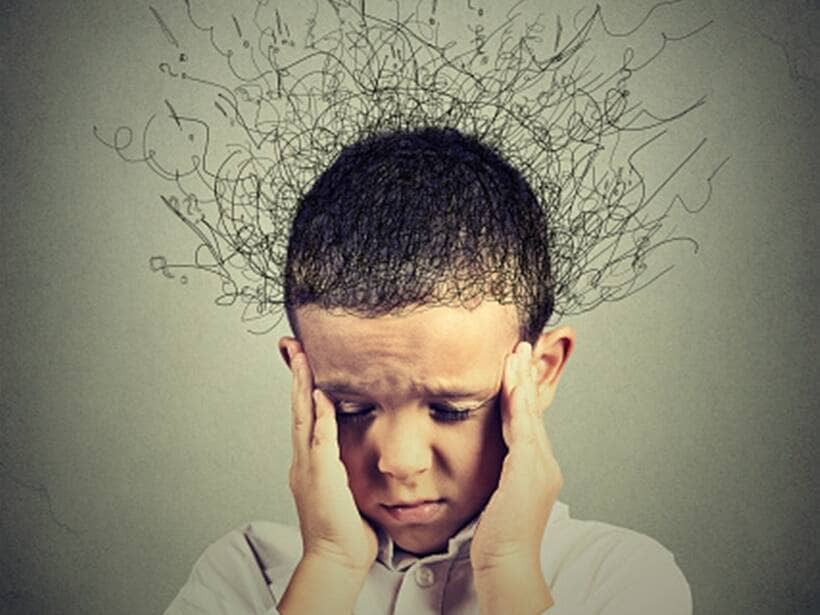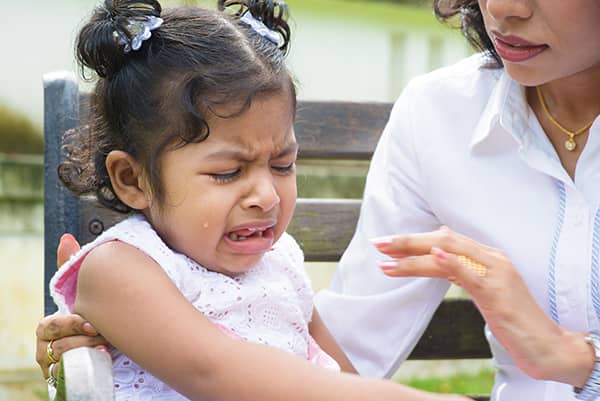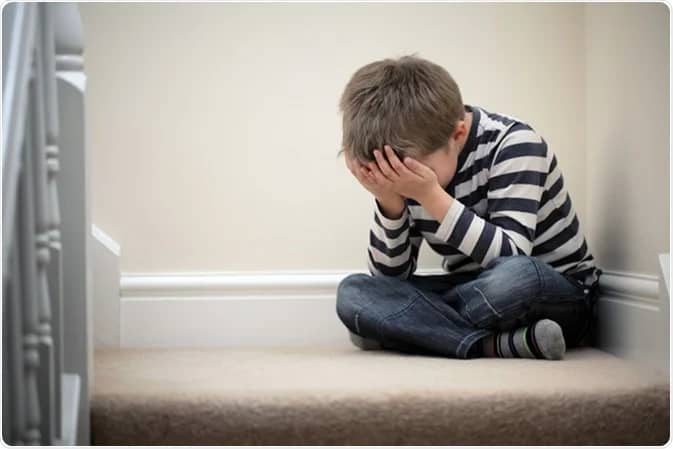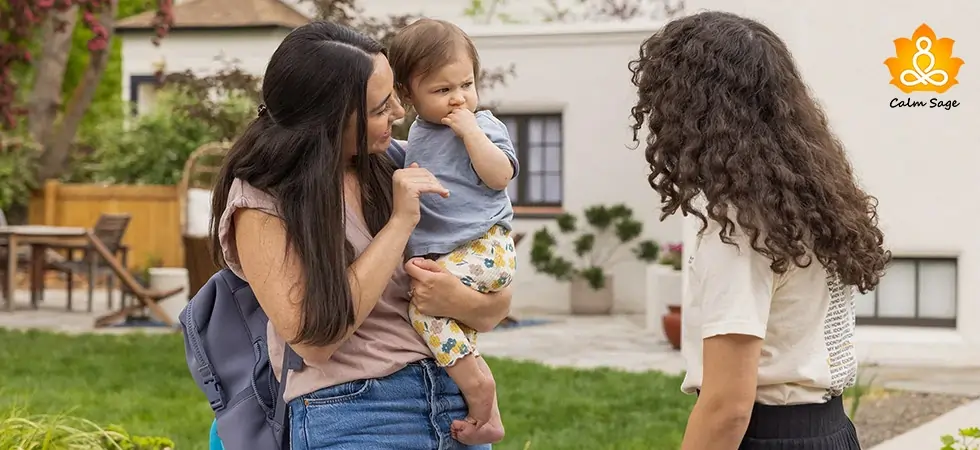Parenting Tips for Children With Anxiety: How To Help Children With Anxiety

The high difficulty level is obvious when you have an anxious child. Even the most skilled and stable parenting can fail while dealing with a child who is chronically anxious. We often try to make our children feel safe by assuming their fears.
Anticipating their fears and trying to protect them is not the right thing to do. We end up overprotecting our children. Helicopter parenting is another such mistake we make while taking care of an anxious child.

Everyone has their unique way of bringing up their child. But sometimes the most tried and tested strategies can also go wrong. To solve that problem, I’ve got you some tips that’ll benefit you and your child.
You can try to incorporate these tips with your parenting style to help your child dealing with anxiety.
Let’s see how to improvise our parenting style so as to help reduce the struggle of our children…
Parenting Tips: How To Help Children With Anxiety
1. Redefine your goal
The most common mistake that we make is to set, eliminate anxiety as our goal. Now that’s very difficult for us to achieve. We should focus on reducing anxiety rather than getting rid of it. We should set smaller goals for us as well as for our children.
Take baby steps! We obviously don’t want our children to suffer, so focus on reducing the struggle.
2. Don’t remove stressors
Children seek immediate gratification when it comes to what they want. In case of anxious children all they want is to not face their triggers. And we affectionate and caring parents remove the triggering stressor from their sight so that they don’t feel anxious. Guilty of doing that?
Stop it right away. Children are constantly testing their parent’s reactions to their actions. In the presence of a stressor your child might cry. Removing the stressor at this point will make your child adopt crying as a coping mechanism.

Do not completely remove/avoid the trigger. You should let your child deal with stressors in fractions. Teach them to face their fears and not run from fears.
3. Avoid leading questions
I know you’re worried about your child and want to help them. Don’t ask them questions like, “Are you anxious for a test in school?” or “is the depth of the pool scaring you?’ etc. This way you are putting words into their mouth and that will only worsen the situation
Let your child express their feelings on their own. Or you can ask them questions like, “How are you feeling?”, “What’s making you feel uncomfortable?”, “what are you thinking about”
Such questions will help us understand what’s going on in their minds without worsening the situation. If you really want to help reduce your child’s struggle, try making such changes.
4. Don’t reinforce their fears
Unintentionally, many times in order to protect our children we end up reinforcing their fears. Are you wondering how’s that even possible? Let me explain…
Let’s say your child gets highly anxious around the zebra crossing. In order to spare them the horror you start accompanying them while crossing the road, hold their hand tightly, in your absence pester others to take care of them.
Such behavior and body language will reinforce your child’s fear. They will start to believe that they are supposed to feel scared.
5. Short anticipatory period
The worst of all is the waiting time. The situation is not as stressful as waiting for it to happen. As parents we should keep in mind that we keep the anticipatory time short.
If you have to take your child to a doctor, don’t start preparing your child the night before. You can tell me 15-20 minutes before leaving the house. Hence, your child will spend very little time anticipating the fear. This will result in less anxiety.

6. Walk through your child’s anxiety
Try to step into their shoes. Try to understand what’s actually inflicting stress. Walk through situations with them. Talk to them about what’s scaring them and how would they react if the fear came true?
In some cases children feel less anxious if they have a plan to deal with the situation. Let’s take the same example as before, ask your child what scares them the most about zebra cross? And help them come up with a plan to successfully cross the road.
7. Expressive realistic expectations.
Your child is already anxious. Having unrealistic high expectations from them will only make them more anxious. Try to have positive and realistic expectations from your child. Because having no expectations is also not good for the child.
Tell them that you are proud of them and even the slightest of courage that they show should be appreciated.
8. Be a good role model
Our children pick up our actions and reactions to things. We are their role models and it’s our duty to display healthy behavior. If you handle anxiety in a healthy manner your child will learn to do the same.
Hence, always handle your anxiety in the same way you want your child to handle theirs.
Also read: Team Parenting: Raise Your Kids The Calm Way
It is our duty as parents to guide our children and help them move towards a healthy and happy life. Children are like clay, sometimes soft, sometimes hard and sometimes cracked. It’s in our hands to mold them into beautiful human beings.
Try these tips and include them in your parenting style to help reduce your child’s struggle. Dealing with anxiety is not easy, be the support not another stressor.
Do let me know if these tips help you in reducing your child’s anxiety.
For more, you can write to us at info@calmsage.com or follow us on social media. Like this blog? Let me know in the comments below!
Thanks for reading.
Take care! Stay safe!




















